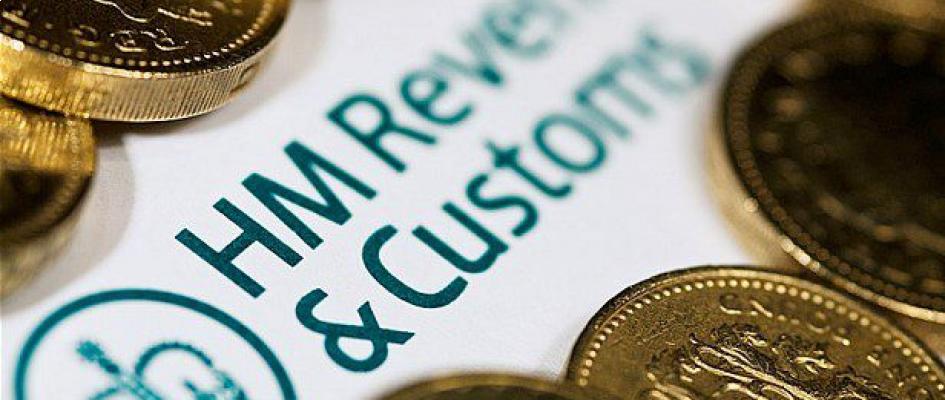Tax for small businesses is a complicated ordeal, particularly when you take into account the sheer number of man-hours required in relation to the small staff pool available. Often, owners or founders will find themselves trying to take on the work that an entire finance team would handle at a larger organisation.
But the Government may be considering a wide-ranging overhaul to tackle widespread confusion among entrepreneurs and other small business owners.
A new report from the Office of Tax Simplification (OTS), an independent offshoot of the Treasury, has suggested that the tax system needs to be simplified in order to make valuable tax reliefs “more accessible and to better enable businesses to fulfil their potential”.
The OTS was established back in 2010 to independently consider ways of making the tax system better.
One particular issue raised by the OTS was the enterprise investment scheme (EIS), which provides tax relief equal to 30 per cent of a company’s income on qualifying investments, or full relief on any capital gains tax incurred on the disposal of shares.
Though the report said that EIS was a potentially valuable source of tax credit, the OTS’s tax director Paul Morton pointed out that it was a complicated system for individuals to negotiate. A simplified approach would benefit companies and their owners, he added.
Morton went on to say that he was “very struck” by the fact that most small company owners had no idea about various tax relief schemes designed to help firms grow.
He added: “The information is all out there but people are clearly finding it hard to work through.”
The OTS report sets out 32 observations on small business taxation in all.
Among them were suggestions for entrepreneur’s relief, a tax break for owners who sell all or part of their businesses. The OTS said it should be re-examined as it cost the Treasury more than any other reliefs, but was found not to encourage investment or growth in young and growing businesses despite cutting founders’ tax bills by £4.2 billion between 2015 and 2016.
The time and effort required to start up or incorporate a new company via Companies House and HMRC was also highlighted. OTS said this could be tackled by introducing seamless “one-stop shop” registration and filing facilities, including via third party software.
All of these conversations were set against the backdrop of a new figure from HMRC which found that one in ten small firms are under investigation by the tax man at any one time – the equivalent of more than half a million at once. A treasury select committee were told the efforts were intended to recover a £34 billion “tax gap” it failed to collect in 2015-2016, which HMRC said small businesses were responsible for 46 per cent of.
Assembled MPs accused HMRC of making it harder for businesses to file correct tax returns by closing down local tax offices.
Stewart Hosie said: “Wouldn't it be so much easier if they [small businesses] could go to the local tax office with their accounts and have them check before submitting.”
So, it looks like tax for small companies is certainly on the government’s radar. There is still a lot of work to be done to overhaul the system and make it work for everyone, and particularly small businesses. A good place to start might be to make sure that they can actually file an accurate tax return in the first place.


